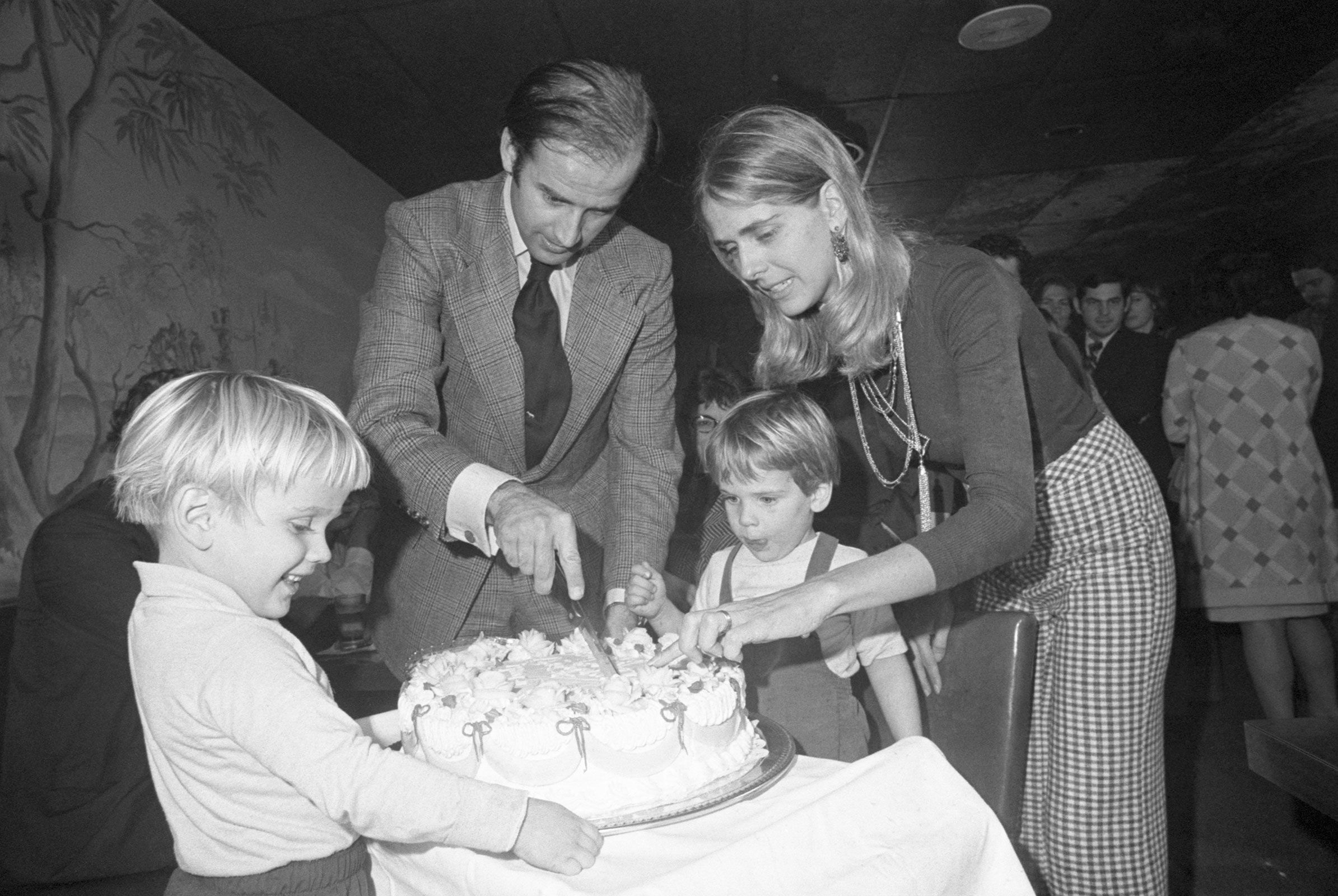Presidential Residences: Houses of Grief and Tragedy
President Joe Biden, unlike his predecessors, has been open about discussing personal loss with the American public. The White House, a residence that has witnessed numerous personal tragedies, has rarely seen its occupants openly discuss their grief. For instance, following the death of Abraham Lincoln’s son Willie from typhoid fever, Lincoln and his wife Mary retreated to a cottage on a Washington hilltop, distancing themselves from the White House where their son had died.
Presidential Tragedies: The Silent Sorrow of Past Leaders
Calvin Coolidge, known as “Silent Cal,” was profoundly affected by the death of his son, Calvin Jr., who died from an infection caused by a blister he got while playing tennis at the White House. Franklin Pierce, who lost his only living son in a train accident between his election and inauguration, was known to be a notably ineffective president, possibly due to his grief. Other presidents, including John Adams, John Quincy Adams, and George H.W. Bush, also experienced the loss of children.
Joe Biden: A President Unafraid to Discuss Personal Loss
Biden’s personal tragedies, which include the loss of his first wife Neilia and 13-month-old daughter Naomi in a car crash in 1972, and the death of his son Beau from brain cancer in 2015, are well-known. Biden’s willingness to discuss his own vulnerability and grief, as seen in his conversation with CNN’s Anderson Cooper on the “All There Is” podcast, is a departure from the norm for American presidents, who have traditionally sought to project an image of invulnerability.
Presidential Grief: A Shift in Public Perception
Barbara Perry, co-chair of the presidential oral history program at the University of Virginia’s Miller Center, notes that while past presidents like Bill Clinton have expressed empathy for the public’s pain, they have rarely shared their own. Biden’s openness about his personal grief may represent a shift in the public perception of presidential vulnerability.
Presidential Tragedies: A Shared Human Experience
Presidents, like all people, experience personal tragedies. John F. Kennedy’s son Patrick died less than two days after his birth in 1963. Both Jaqueline Kennedy and Mary Lincoln endured the loss of a child and a husband while in the White House. Andrew Jackson’s wife Rachel died after his election but before his inauguration, a loss Jackson blamed on his political enemies. Ida McKinley, another first lady, lost both of her daughters to disease before her husband William’s death in 1901.
Joe Biden and Theodore Roosevelt: Shared Experiences of Early Loss
Both Biden and Theodore Roosevelt experienced the loss of their wives at a young age. Biden’s first wife and young daughter died in a car accident shortly after his first election to the Senate in 1972. Roosevelt’s wife and mother died on the same day in February 1884, just two days after the birth of his first daughter. These personal tragedies shaped both men’s political careers and personal lives.
Presidential Grief: A Reflection of the Times
Each president represents their own era, and Biden’s openness about personal loss reflects a time when death is less prevalent in everyday life but no less impactful. His willingness to discuss personal grief may encourage a broader conversation about loss and vulnerability in American society.

